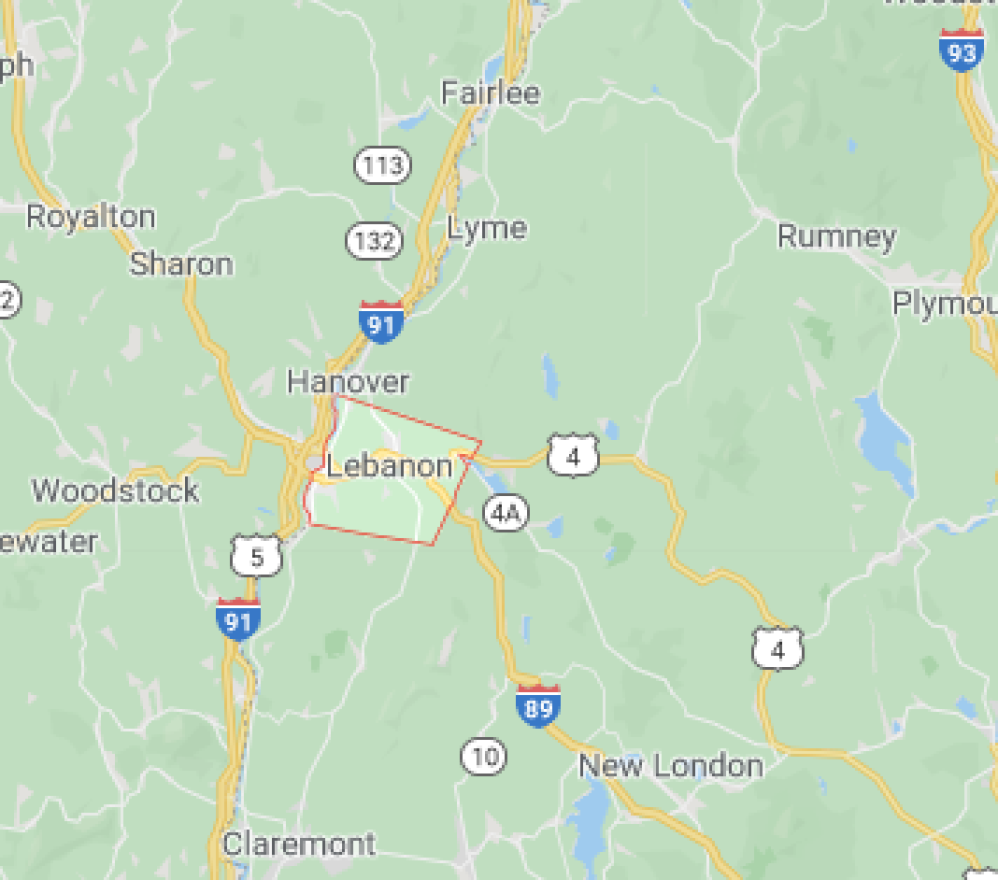
Advocates in the Upper Valley say the region's housing shortage is impacting vulnerable populations there. The region is seeing rental prices rise while availability stays low.
Last fiscal year, WISE, an Upper Valley non-profit working to end gender-based violence, served about 1,300 people.
Many of those clients needed some form of housing assistance -- either in safety planning, filling out applications for subsidized housing or other apartments.
Bethany Hartt, shelter and housing coordinator at WISE, said it’s taking months to find stable housing for survivors.
“I have conversations every day in my office that are really just a lose-lose. So many people have to stay with perpetrators and abusers. There's a lot of doubling up and couch surfing,” she said.
That could leave a survivor vulnerable to potentially abusive situations, Hartt added.
WISE does have an emergency shelter for up to three non-related adults and their children.
“Our shelter is housing people for many, many months,” said WISE’s executive director Peggy O’Neil. “It’s not out of the limit to say that people have been there for close to year.”
O'Neil has worked at WISE for 17 years, and said, "that precarious place that people are in, I would say, yes, more and more people are in that place, and there are less options for them."
Michael Redmond, executive director of the Upper Valley Haven, a non-profit that works with people struggling with poverty in both New Hampshire and Vermont, said about 20 percent of families staying at the Haven’s family shelter have indicated someone has been a victim of domestic violence.
The Byrne House Family Shelter has eight units for families, and for the past few years, the average length of stay there has gone up, Redmond said. In 2018, it was 88 days. In 2019, it went up to 133 days.
“That means fewer people can be served each year,” Redmond said. “It’s taking longer for people to move each year.”
The rural nature of the region also makes it difficult because while the rent may be cheaper further away from hubs like Lebanon and Hanover, there may not be as many services in smaller towns.
“That takes them away from public transportation, that takes them away from hubs of employment, and resources like childcare,” Hartt said.
WISE, along with two other Upper Valley nonprofits including the Haven, has applied for a federal grant that would provide money for rent subsidies for survivors.
Copyright 2021 New Hampshire Public Radio. To see more, visit New Hampshire Public Radio. 9(MDIxMDkyNjUxMDE0NDY1Njg1NzRiOTRiYQ000))




